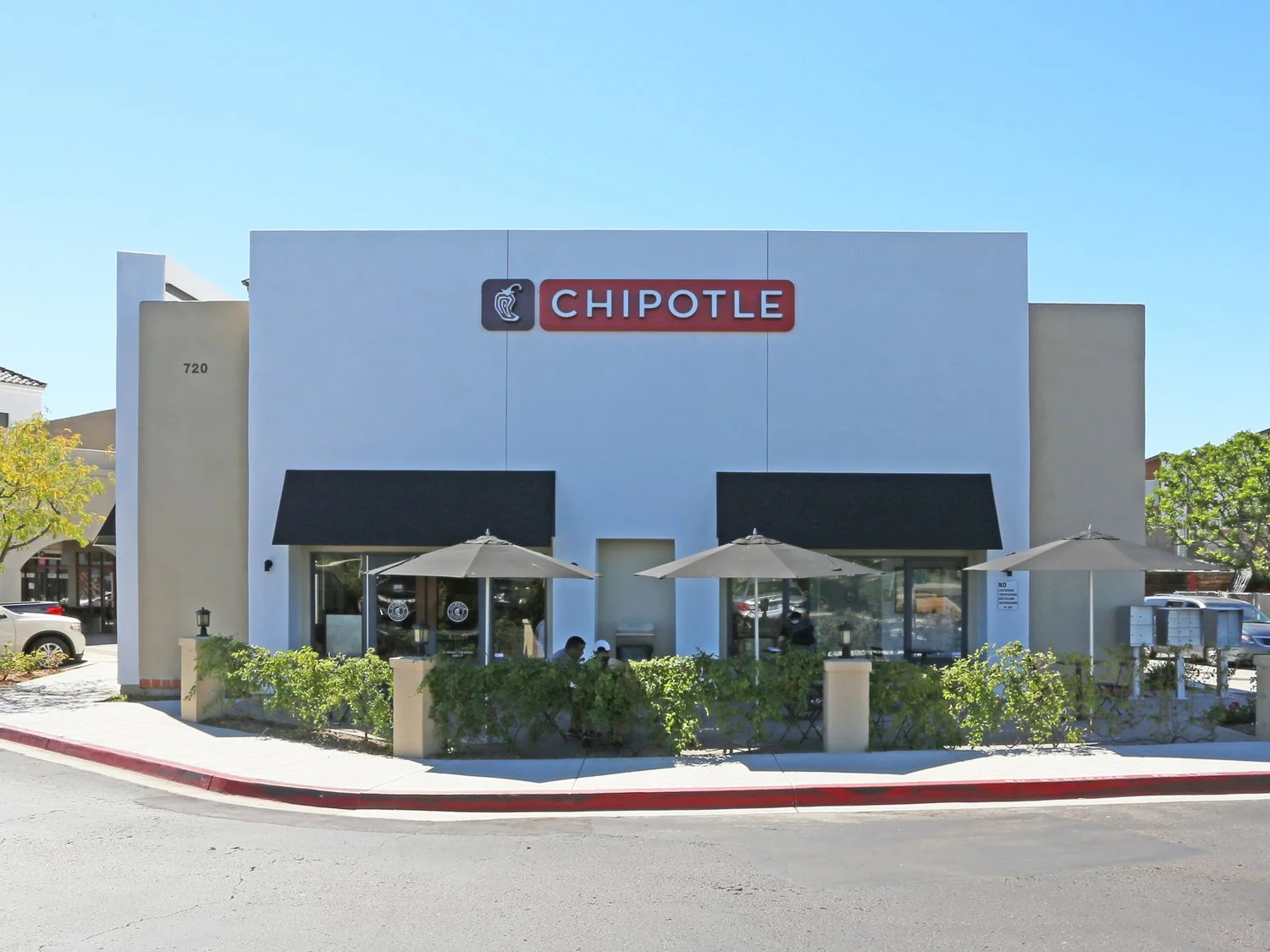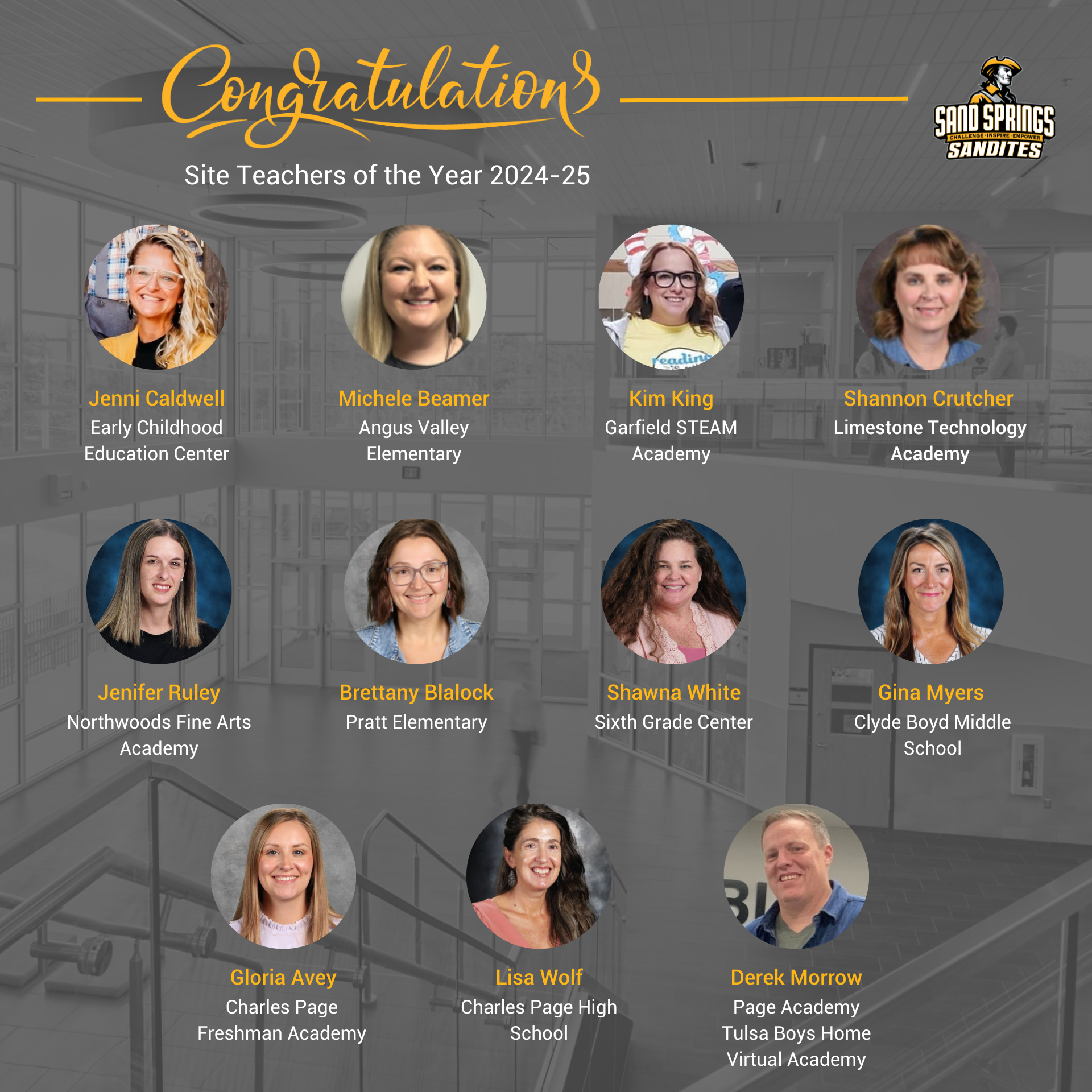Chickasaw Nation to develop resort hotel and tourist destination at Lake Texoma
/SUBMITTED
OKLAHOMA CITY - The state of Oklahoma and the Chickasaw Nation recently announced plans to develop a resort hotel and other amenities at Lake Texoma in southeastern Oklahoma.
The initial plans call for the Chickasaw Nation to construct a three-story hotel, a restaurant and gift shop, a casino featuring up to 300 electronic games and as many as 10 lakefront fishing/boating cottages, Chickasaw Governor Bill Anoatubby said. The project covers 50 acres of lakefront property, overlooking Lake Texoma and the historic Roosevelt Bridge. It also involves about 11.5 acres of land acquired by the Commissioners of the Land Office (CLO) from the Oklahoma Department of Tourism and Recreation.
The hotel will include a lounge and meeting rooms, an outdoor pool and recreation area, a fitness center, gift shop, restaurant and a business center, he said.
The project is the result of a settlement negotiated by the CLO, which worked to bring a resolution to the property that was once home to the popular Lake Texoma Lodge and Resort. A private developer bought the property in 2006 and the lodge was demolished in 2009, but plans did not come to fruition. Developers blamed the economic downturn of 2008.
“We believe this project will help launch a transformation of this area into a major tourism and recreation attraction,” said Anoatubby. “We look forward to working with the state on a project we expect to have a positive impact on jobs and our economy for decades to come.”
Oklahoma Governor Mary Fallin said she has been a long-time believer in the potential of the Lake Texoma area to be an economic driver in Oklahoma.
“This project will create jobs and revenue for southern Oklahoma while at the same time maintaining the beauty of the site,” said Fallin. “The Lake Texoma lodge and golf course for many years were a top tourist attraction in the region. This hotel and commercial development will be the catalyst to stimulate significantly greater economic development in the future. I appreciate Governor Anoatubby’s vision and willingness to partner with the state of Oklahoma to continue our joint efforts focusing on tourism in this beautiful and strategically located part of our state.”
The development will be off U.S. 70, across from the Chickasaw Pointe Golf Course near the site of the old Lake Texoma State Lodge. Preliminary plans allow for future expansion of the hotel and the construction of additional waterfront cottages.
The Chickasaw Nation must first apply to place the land just north of the Texas border into trust status – a process that potentially could take several months or more.
“If the land can be placed into trust, our intent and plan is to develop this premier lakefront property into destination lodging and a casino,” said Bill Lance, secretary of commerce for the Chickasaw Nation.





